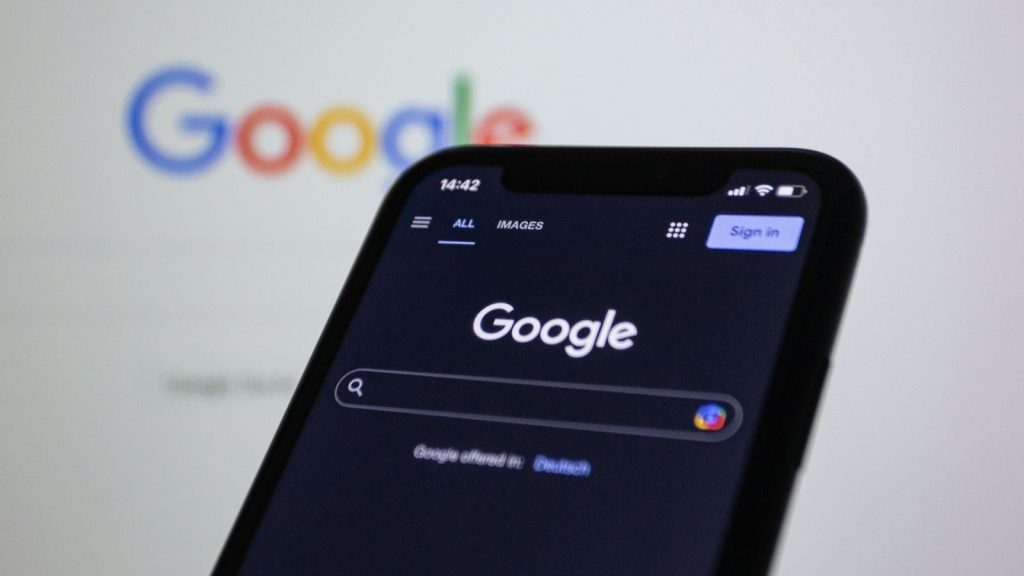While an increasing number of users are turning to AI chatbots to look for information online, traditional search engines may still have the upperhand — for now.
The total number of visits to the top 10 AI chatbots in 2024 was only 2.96 per cent of search engine traffic, according to a new study published by SEO consultancy firm OneLittleWeb. “These findings showcase the significant gap between AI chatbots and search engines in terms of user engagement and visits,” the Dhaka-based company said.
As part of the study, researchers analysed and compared global web traffic to the top 10 search engines and top 10 AI chatbots for two years. The data was sourced from Semrush and aitools.xyz between April 2023 and March 2025.
It found that AI chatbots like ChatGPT, DeepSeek, Gemini, and others witnessed a 80.92 per cent growth in traffic year-over-year (YoY), totaling 55.2 billion visits. Meanwhile, traditional search engines such as Google, Microsoft Bing, Yahoo, etc, saw total visits fall to 1.86 trillion (0.51 per cent decline YoY) in the same period.
“Even in March 2025, daily average visits for search engines reached 5.5 billion, while chatbots only saw 233.1 million—creating an almost 24X gap in user engagement,” the study read.

 AI chatbots versus search engines (Image source: OneLittleWeb)
AI chatbots versus search engines (Image source: OneLittleWeb)
This study comes days after Eddy Cue, the senior vice president of services at Apple, testified in court that search volume to the company’s Safari browser had declined for the first time in 22 years. He linked the drop in Safari search traffic to the rise of LLM-based search tools.
It managed to spook investors of Google parent Alphabet, whose share prices dropped by 7.5 per cent after Cue’s testimony in the Google antitrust remedies case last week.
Story continues below this ad
To reassure shareholders, Google issued a statement: “We continue to see overall query growth in Search. That includes an increase in total queries coming from Apple’s devices and platforms. More generally, as we enhance Search with new features, people are seeing that Google Search is more useful for more of their queries — and they’re accessing it for new things and in new ways, whether from browsers or the Google app, using their voice or Google Lens.”
The rise of AI in search is likely to have ripple effects that could disrupt entire industries. “For SEO professionals, content creators, and marketers whose work revolves around organic search traffic, this question isn’t just philosophical—it’s existential. A major decline in search engine usage could mean fewer clicks, fewer readers, and fewer clients investing in SEO,” the company noted in its study.
Another recent study by content licensing platform TollBit had found that news sites and blogs receive 96 per cent less referral traffic from AI search engines than from traditional Google Search.
Other findings of the study
In terms of the market share distribution, the study found that OpenAI’s ChatGPT holds a majority 86.32 per cent share of the AI chatbot market. The second fastest growing AI chatbot is DeepSeek followed by Grok, developed by Elon Musk-owned xAI.
Story continues below this ad
Google continues to dominate the search engine market with 87.57 per cent market share, followed by Microsoft Bing and Yandex.
Last year, a US district court ruled that Google had an illegal monopoly of the online search market. It found that Google’s deals with browser developers and smartphone makers had helped the tech giant keep its illegal monopoly in place.
The court is currently hearing arguments to determine remedies for Google.
The US Department of Justice (DOJ) has argued that Google should be prohibited from making deals with Apple and other companies related to the placement of its search engine. It is also seeking directions to force Google to spin off its flagship Chrome browser and share data related to its search index with its competitors as a way of restoring competition in the market.
Story continues below this ad
Google, on the other hand, has said it would be willing to give browser developers like Apple more flexibility to sign additional default search agreements.
Does the rise of AI search tools like Perplexity and ChatGPT shrink the antitrust threat posed by Google? Not yet. The study found that OpenAI’s popular chatbot sees approximately 26 times fewer daily visits than Google.
However, the study also noted that traditional search engines like Google Search and Microsoft Bing have been leveraging AI features like AI Overviews and Search Generative Experience (SGE). These integrations have not only led to a steady increase in traffic in early 2025 but also revived user interest, as per the study.
In contrast, Yahoo has seen a 22.5 per cent YoY decline in search engine visits.


